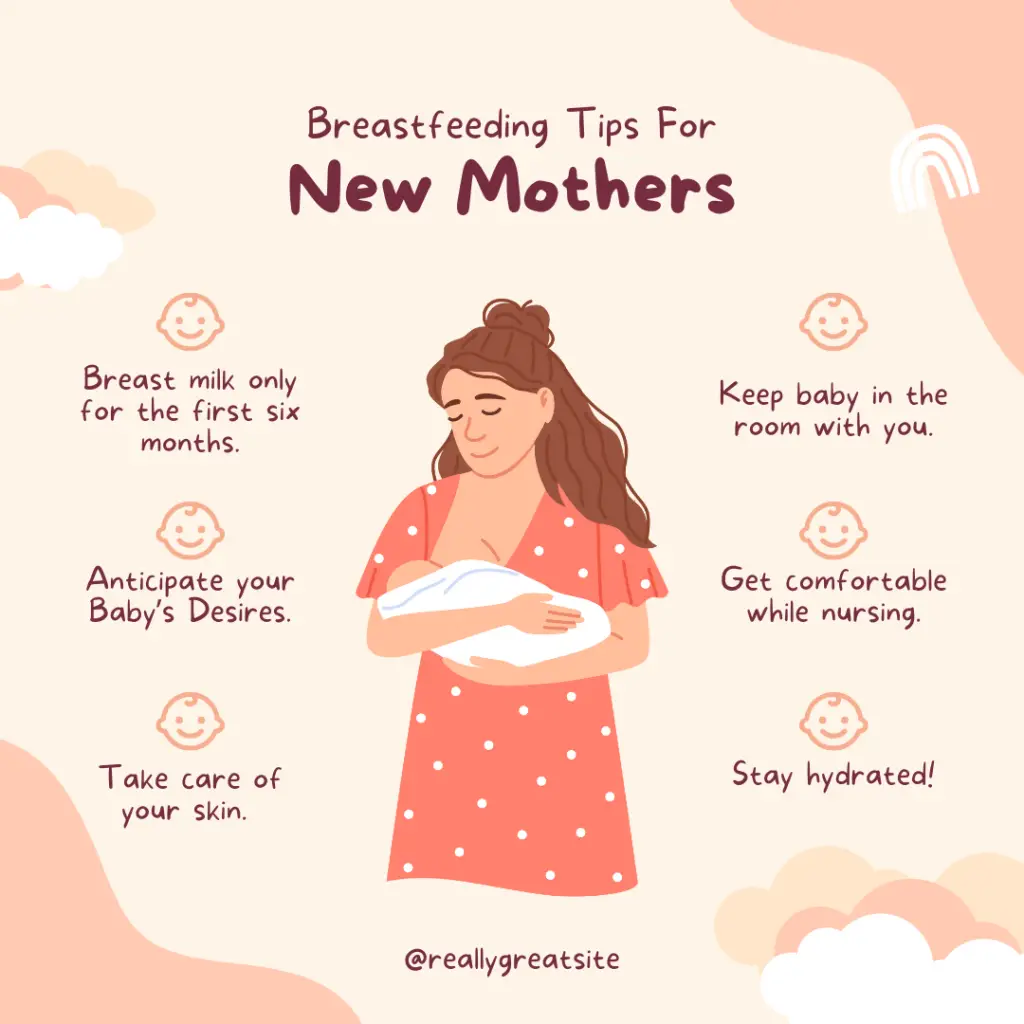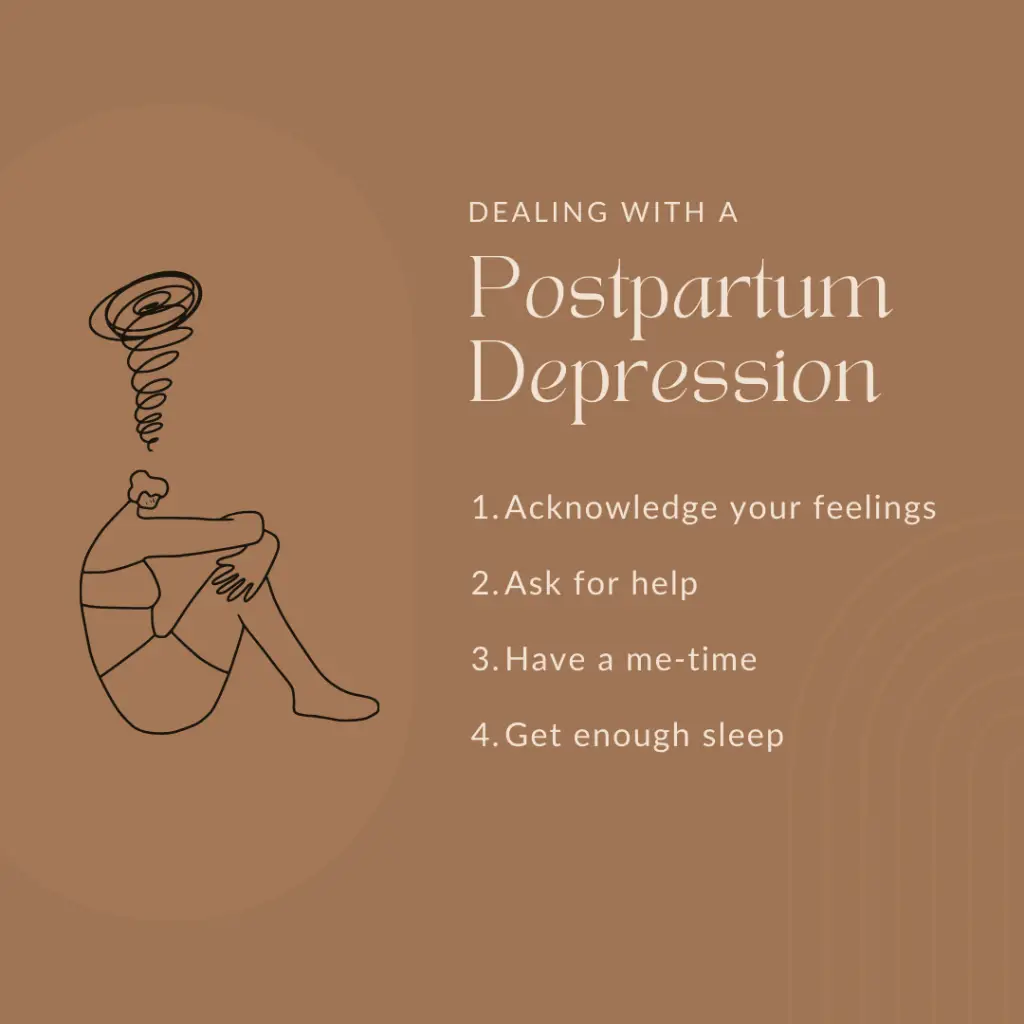Congratulations on your bundle of joy! We understand that being a mother is both a rewarding and challenging experience. In this article, we will be discussing how to balance cognitive enhancement and breastfeeding
From endless diaper changes to sleepless nights, you’re juggling a lot. But here’s the thing – taking care of your little one is vital, but you must also take care of yourself, especially your mental health.
Today, we’re going to talk about something that might interest you – nootropics. These are also known as “smart drugs” or “cognitive enhancers.” They are substances that some people use to boost their brainpower. Sounds interesting, right? Well, it is, but we need to be careful, especially if you’re breastfeeding.
What Exactly Are Nootropics?
Okay, let’s break it down in simple terms.
Nootropics are like little helpers for your brain. They are supplements or drugs that claim to make you sharper, improve your memory, and help you stay focused.
People from all walks of life, including students, professionals, and entrepreneurs, use them to give their brains an extra edge.

The Importance of Your Postpartum Mental Health
Postpartum Mental Health Challenges
Bringing a new life into the world is a beautiful and momentous occasion, but it can also be emotionally overwhelming for new mothers.
The postpartum period, which begins after childbirth and lasts for several weeks, can be a rollercoaster of emotions and experiences.
It’s essential to be aware of the potential mental health challenges that new mothers may face during this time and to provide them with the necessary support and understanding.
1. Common Mental Health Issues After Childbirth
One of the most prevalent mental health challenges that new mothers may encounter is postpartum depression (PPD).
PPD affects around 1 in 7 women after giving birth and is more than just the “baby blues.”
It involves feelings of sadness, hopelessness, and a loss of interest in things that were once enjoyable. New mothers with PPD may have difficulty bonding with their baby and may feel overwhelmed by their new responsibilities.
Another common issue is postpartum anxiety, which can manifest as excessive worry, restlessness, and an intense fear of something happening to the baby.
It’s normal for new mothers to worry about their baby’s well-being, but when these worries become all-consuming and interfere with daily life, it may be a sign of postpartum anxiety.

2. Impact of Hormonal Changes on Mental Health
The postpartum period is characterized by significant hormonal fluctuations in a woman’s body. During pregnancy, estrogen and progesterone levels increase dramatically, but after childbirth, they drop rapidly.
These hormonal changes can have a profound impact on a new mother’s emotions and mental well-being.
The sudden drop in hormones can lead to mood swings and feelings of sadness or irritability, commonly referred to as the “baby blues.”
For most women, the baby blues are temporary and resolve within a few days or weeks.
However, for some, these feelings may persist and develop into more serious mental health issues like postpartum depression or anxiety.
3. The Importance of Emotional Well-being in New Mothers
As a society, we often focus on the physical well-being of new mothers and their babies, but emotional well-being is just as crucial.
Becoming a mother brings significant changes and challenges, and it’s normal for new moms to experience a wide range of emotions.
It’s essential to create a supportive and understanding environment where new mothers can express their feelings and seek help if needed.
Promoting emotional well-being involves providing new mothers with resources and support, such as access to postpartum support groups, counseling services, and educational materials on postpartum mental health.
Encouraging open communication about emotions and mental health can help break the stigma surrounding postpartum mental health issues and create a more supportive community for new mothers.
What’s the Connection Between Cognitive Enhancement and Breastfeeding?
he connection between cognitive enhancement and breastfeeding is an important consideration for new mothers who may be interested in using nootropics or cognitive enhancers to improve their mental abilities.
1. Seeking Cognitive Enhancement during Motherhood
As a new mother, you may find yourself facing various challenges that require mental acuity and focus.
Sleep deprivation, multiple tasks, and caring for a newborn can take a toll on your cognitive abilities. It’s natural to seek ways to enhance your cognitive function to keep up with the demands of motherhood.

2. The Appeal of Nootropics
Nootropics, often referred to as “smart drugs” or “brain boosters,” have gained popularity for their potential to improve cognitive abilities.
These substances claim to enhance memory, focus, and overall brain performance. It’s no wonder that some new moms might consider turning to nootropics to help them stay mentally sharp during this critical period of their lives.
3. The Complexity of Breastfeeding
Breastfeeding is a beautiful and essential part of motherhood. It provides vital nutrients and immune support to your baby, promoting healthy growth and development.
The composition of breast milk is influenced by various factors, including your diet, lifestyle, and any substances you consume.
4. Consideration for the Baby’s Health
While nootropics may offer cognitive benefits to the mother, their impact on breastfeeding infants is a significant concern. Some nootropics can pass into breast milk, and their effects on a developing baby’s brain and nervous system are not yet fully understood.
5. Prioritizing Baby’s Safety
As a responsible and caring mother, your baby’s safety is your top priority. When it comes to breastfeeding, it’s crucial to be cautious about anything that might potentially harm your little one.
Before considering any nootropics or cognitive enhancers, it’s essential to consult with your healthcare provider to ensure their safety while breastfeeding.
6. Alternatives for Postpartum Cognitive Support
Instead of turning to nootropics, new mothers can explore alternative strategies to support their cognitive function while breastfeeding.
Engaging in mindfulness practices like meditation and yoga can help reduce stress and improve focus. A well-balanced diet rich in brain-boosting nutrients can also contribute to better cognitive health.
7. A Balancing Act
Balancing the desire for cognitive enhancement with the priority of breastfeeding your baby can be challenging. As a new mom, you are navigating uncharted waters, and it’s okay to seek guidance and support from healthcare professionals, family, and friends.

Good Stuff – Nootropics and Their Benefits
Nootropics work in different ways to support your brain functions. They might increase the production of important brain chemicals, improve blood flow to your brain, or even protect your brain cells. The result? Enhanced memory, better focus, and improved creativity.
Understanding the Challenges of Postpartum Mental Health
Let’s be real – being a new mom is challenging. You might be dealing with postpartum depression or anxiety, and it’s essential to address these issues. We want to see you feeling happy and mentally strong because that’s what you and your baby deserve.
Hormonal Changes and Your Mental Health
During the postpartum period, your hormones are going haywire. This hormonal rollercoaster might lead to mood swings and emotional ups and downs. Don’t worry; it’s all part of the journey. But we want to help you navigate through it with ease.
Emotional Well-being Is Key
Taking care of your emotional well-being is crucial. When you’re emotionally strong, you can better care for yourself and your little one. We want to see you enjoying this beautiful phase of life.
Finding the Balance – Cognitive Enhancement and Breastfeeding
Now, let’s get to the tricky part. Nootropics might promise cognitive benefits, but we need to think about your baby too. Some nootropics can find their way into your breast milk, and that’s where the concern lies.
Safety First – What to Consider
If you’re thinking about using nootropics while breastfeeding, we strongly recommend talking to your healthcare provider. They know what’s best for you and your baby. Let’s play it safe and get some expert advice.
Alternatives for Postpartum Cognitive Support
Hey, we get it. You want to be at your best, mentally and physically. Luckily, there are other ways to support your cognitive function without turning to nootropics.
- Mindfulness is Key: Engaging in meditation and yoga can help reduce stress and keep your mind clear.
- Food for Thought: A balanced diet with omega-3 fatty acids, antioxidants, and vitamins can do wonders for your brain.
A well-balanced diet that includes essential nutrients like omega-3 fatty acids, antioxidants, and vitamins can work wonders for your brain health.
Omega 3 Fatty Acids
Omega-3 fatty acids are a type of healthy fat that play a crucial role in brain function and development. They are found in fatty fish like salmon, sardines, and mackerel, as well as in chia seeds, flaxseeds, and walnuts. Including these foods in your diet can support brain health and cognitive function.
Antioxidants
Antioxidants are powerful compounds that help protect your brain cells from damage caused by harmful molecules called free radicals.
You can find antioxidants in colorful fruits and vegetables, such as berries, spinach, kale, and broccoli. These nutrient-rich foods can boost brain health and protect against age-related cognitive decline.
Vitamin B Complex
Vitamins are essential for overall health, and some play specific roles in brain function. For instance, vitamin B-complex, including B6, B12, and folic acid, helps in the production of neurotransmitters, the brain’s chemical messengers.
You can get these vitamins from foods like whole grains, eggs, lean meats, and leafy greens.
Maintaining a balanced diet that includes these brain-boosting nutrients not only supports cognitive function but also contributes to your overall well-being. So, next time you plan your meals, remember to include these brain-friendly foods to keep your mind sharp and healthy.
Strategies for Improving Postpartum Mental Health
It’s essential to take care of your mental health during this special phase of life. Here are some simple strategies to boost your well-being:
- Take Time for Yourself: Don’t forget to pamper yourself. You deserve it!
- Talk About Your Feelings: Share your emotions with your loved ones. A listening ear can make all the difference.
- Seek Professional Help: If you’re feeling overwhelmed, don’t hesitate to talk to a therapist or join a support group.
Making Informed Decisions
Knowledge is power! Before you try anything new, especially when you’re breastfeeding, get all the facts. Speak with your healthcare provider and weigh the pros and cons. We want you to make informed decisions that benefit both you and your baby.
Conclusion
Being a new mom is a beautiful journey, and we want you to enjoy every moment of it. Your mental health is just as important as your baby’s well-being. While nootropics may offer tempting cognitive benefits, we advise caution during breastfeeding. Prioritize the safety of your little one and consider alternative strategies to stay mentally sharp. Remember, you’ve got this, and we’re here to support you every step of the way.
FAQ
Q1: Can nootropics really make me smarter?
While nootropics may improve certain aspects of cognitive function, they won’t magically make you a genius. They might enhance memory, focus, and creativity, but individual results may vary.
Q2: How do I know if I need professional help for postpartum mental health?
If you’re experiencing persistent feelings of sadness, anxiety, or finding it challenging to cope, don’t hesitate to reach out for professional support. It’s okay to ask for help.
Q3: Are there any natural ways to improve my cognitive function?
Absolutely! Engaging in mindfulness practices like meditation and maintaining a healthy diet with brain-boosting nutrients can be beneficial for your cognitive health.
Q4: Can I use nootropics after I finish breastfeeding?
Once you’ve finished breastfeeding and your baby is no longer dependent on breast milk, you can consider nootropics if you’re interested. However, it’s always best to consult your healthcare provider before starting any new supplements or medications.
Q5: Where can I find more information about postpartum mental health and nootropics?
Your healthcare provider is your best resource for personalized information and advice. They can guide you on the most suitable options for your specific needs.

